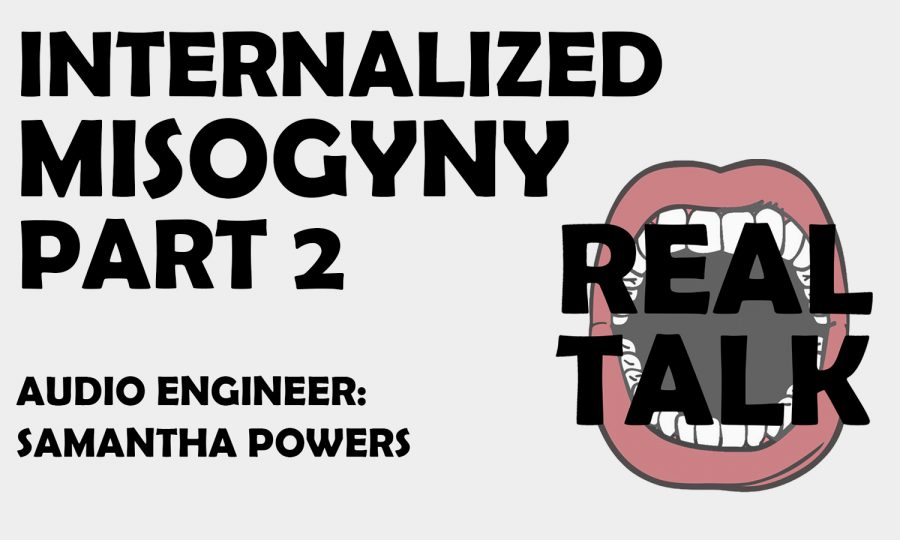Let’s talk disordered eating and rape culture
June 15, 2021
In part 2 of the latest episode of Real Talk, junior Samantha Powers, freshman Alice Scott, sophomore Malia Walewski, sophomore Leah Gordon, junior Keely McNab, junior Kendall Smith, senior Erin Toliver, and host and senior Emily Arndt discuss internalized misogyny and the way it is normalized in their everyday lives. We would like to issue a TRIGGER WARNING for this episode and its description, since the discussion does go in-depth into experiences with sexual assault, rape, and disordered eating.
The group detailed multiple accounts of their experiences with catcalling, which, as Smith explained, can lead to harmful aspects of rape culture.
“I think some people tend to think of catcalling as ‘Oh, it’s not a big deal,’ or ‘Women are being dramatic or making it a big deal,'” Smith said. “But I think what’s really problematic about that is that it kind of just enables this sense of entitlement that I think a lot of men have been kind of taught, that it’s okay for them to comment on a woman’s body. And though a catcalling might be on a smaller scale, I think it tangentially relates to larger-scale sexual abuse. That same sense of entitlement enables them to think they can sexually exploit a woman as well.”
This topic of conversation led to a discussion about larger-scale problems with rape culture and victim blaming. Toliver recounted that she has seen instances of victim blaming firsthand, which is endorsed by a culture that demonizes women while not holding men accountable for sexual misconduct.
“It’s really horrible and disgusting, the amount of people I know that have been either sexually assaulted or raped, and it’s been so hard for them to share their story and have the amount of backlash that they have received,” Toliver said. “And it’s like, how could you possibly give backlash to someone who has been so violated? And it’s so hard to tell your story; it can be humiliating and shameful and a lot of internalized feelings about that. … I just would like to say that it’s not easy to share your story and I wish people would be more receptive to it.”
The group also touched on positive role models who they look up to in terms of perspectives on gender and gender roles. Arndt said that she admires Reese Witherspoon and Gwyneth Paltrow for their advocacy for feminism in Hollywood, as well as their example as feminists in an older generation. Powers and Gordon discussed their admiration for the late Supreme Court Justice Ruth Bader Ginsburg and the way she spent her life fighting for and setting an example for young girls everywhere. Other members of the group explained that they admired their mothers most for their dedication to growing in their family lives, their careers and their roles as feminists.
The group also discussed issues with body positivity and their relationships with food.
“Body image as a whole definitely needs to be talked about, and people need to realize that there is stigma around it, negative stigma,” Walewski said. “We all need to be comfortable and not be shaming people for what they look like.”







